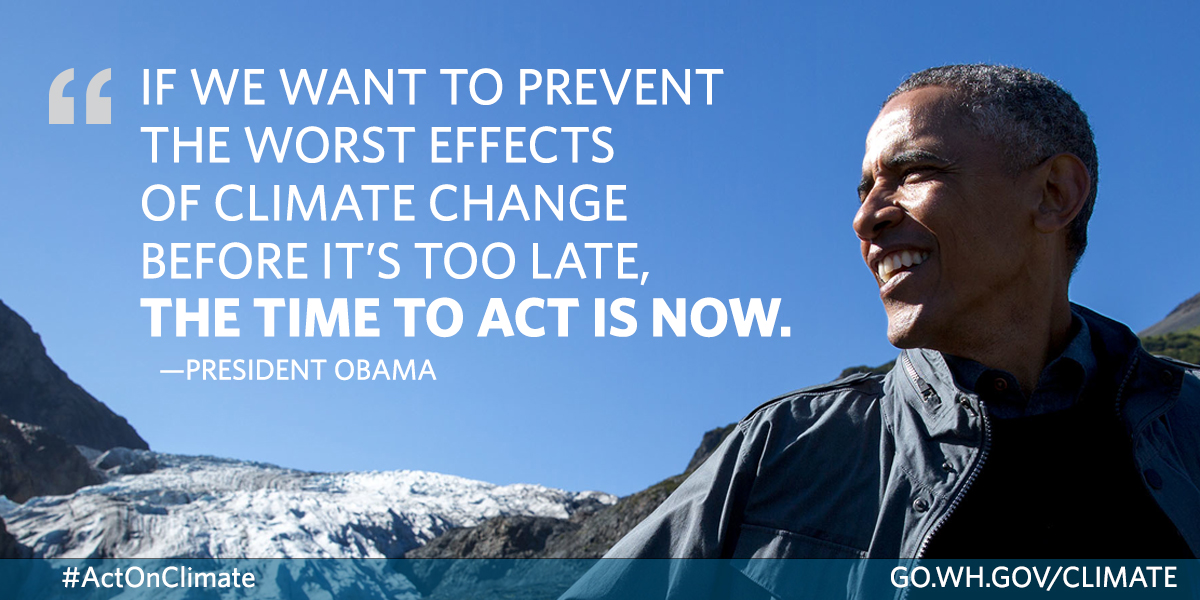People often want to fight about who is causing climate change. Instead of arguing about the issue, which is making it worse, we should come up with plans to help prevent further change, or ways to help protect the world and our food. One of the responsibilities of the U.S. Department of Agriculture is to oversee the climate and respond to changes as they appear.
A rising of the average temperatures is leading to increased cost caused by invasive species. These include both bugs and plants and costs for weed and pest control. We are having more severe storms. The fire season is 60 days longer than it was 30 years ago, a recent Forest Service study predicts that the area for fires could double by 2050. Extreme heat can be expected to cause an increase in the number of early deaths.
“A science-based guidance on cover crop management helps producers prevent erosion, improve soil properties, supply nutrients to crops, suppress weeds, improve soil water content, and break pest cycles.” – www.whitehouse.gov
Preparing for longer, hotter, and more frequent waves of hotter days and nights is a key strategy for reducing the health toll of extreme heat. The U.S. Climate Resilience Toolkit offers a primer on food nutrition and safety, as it relates to climate change.
https://youtu.be/mF69aVvdU5k
USDA is unique among many Federal Departments in the broad spectrum of its
agency missions, including research, applications and technology transfer, public
land management, technical assistance, and communications and delivery. These
missions revolve around people and land—private and public owners, rural and
urban communities, fish and wildlife habitat, forestlands, croplands, grasslands,
wetlands, agro-forest ecosystems, and agricultural and forest products. USDA
agencies will draw upon this diversity of expertise and missions to
collaboratively define and review climate change priority activities and progress
towards achieving the elements of this Science Plan. Further, the Science Plan
outlines linkages between USDA agencies to ensure that research results are
made available to its customers, stakeholders, and collaborators using the full
range of Departmental resources.
https://www.whitehouse.gov/blog/2016/04/05/get-facts-how-climate-change-can-affect-your-health
http://www.usda.gov/wps/portal/usda/usdahome?navid=climate-change

